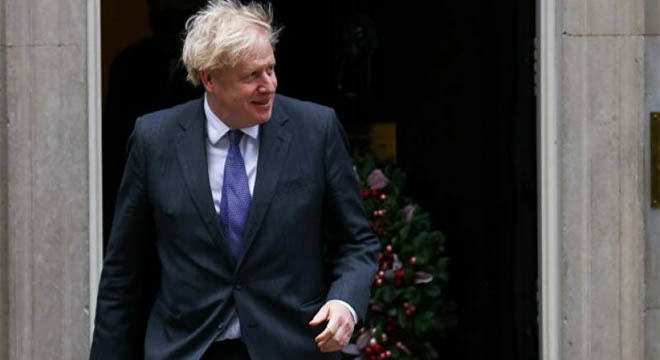As the new coronavirus strain has forced the UK to tighten restrictions and caused the trade talks to remain stalled, Britain has faced calls to extend the transition period that is set to terminate on 31 December.
The United Kingdom will not be extending the transition period beyond 31 December, UK Home Secretary Priti Patel told Sky News Tuesday, as the nation is grappling with the new virus mutation that is said to be highly transmissible.
The statement comes as the United Kingdom is saddled with two pressing issues: the emergence of the new COVID mutation on the one hand, and the lack of tangible progress on the trade talks with the EU on the other hand.
UK Health Secretary Matt Hancock announced week ago that a new variation of the coronavirus had been spotted in southeast England and was linked to a surge of new positive cases. On Saturday, the United Kingdom introduced a new set of restrictions as a response measure, while a slew of nations introduced air travel bans.
At the same time, the time is running out to cut a trade deal on UK-EU post-Brexit trade relations before the transition period expires on 31 December. So far, Britain and the bloc have several hurdles to overcome, primarily related to fishing quotas, fair competition and policing.
Since the surge of the new virus strain, several political figures, including London Mayor Sadiq Khan and Scottish First Minister Nicola Sturgeon, have called on the government to extend the transition period until the disruption caused by the new mutation is overcome.
UK Prime Minister Boris Johnson said on Tuesday that the UK stands by the transition period, which will end as scheduled.
Follow the PNI Facebook page for the latest news and updates.









